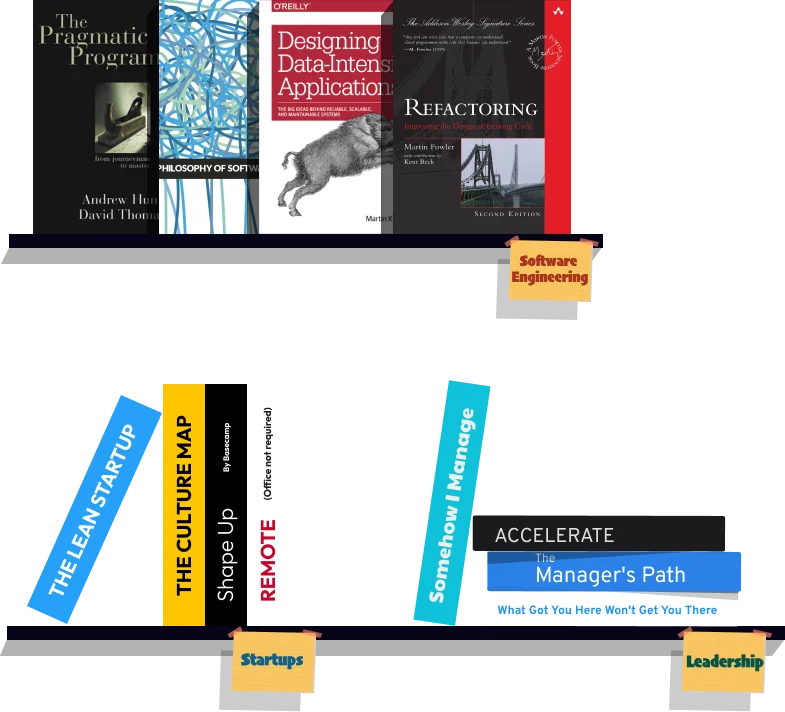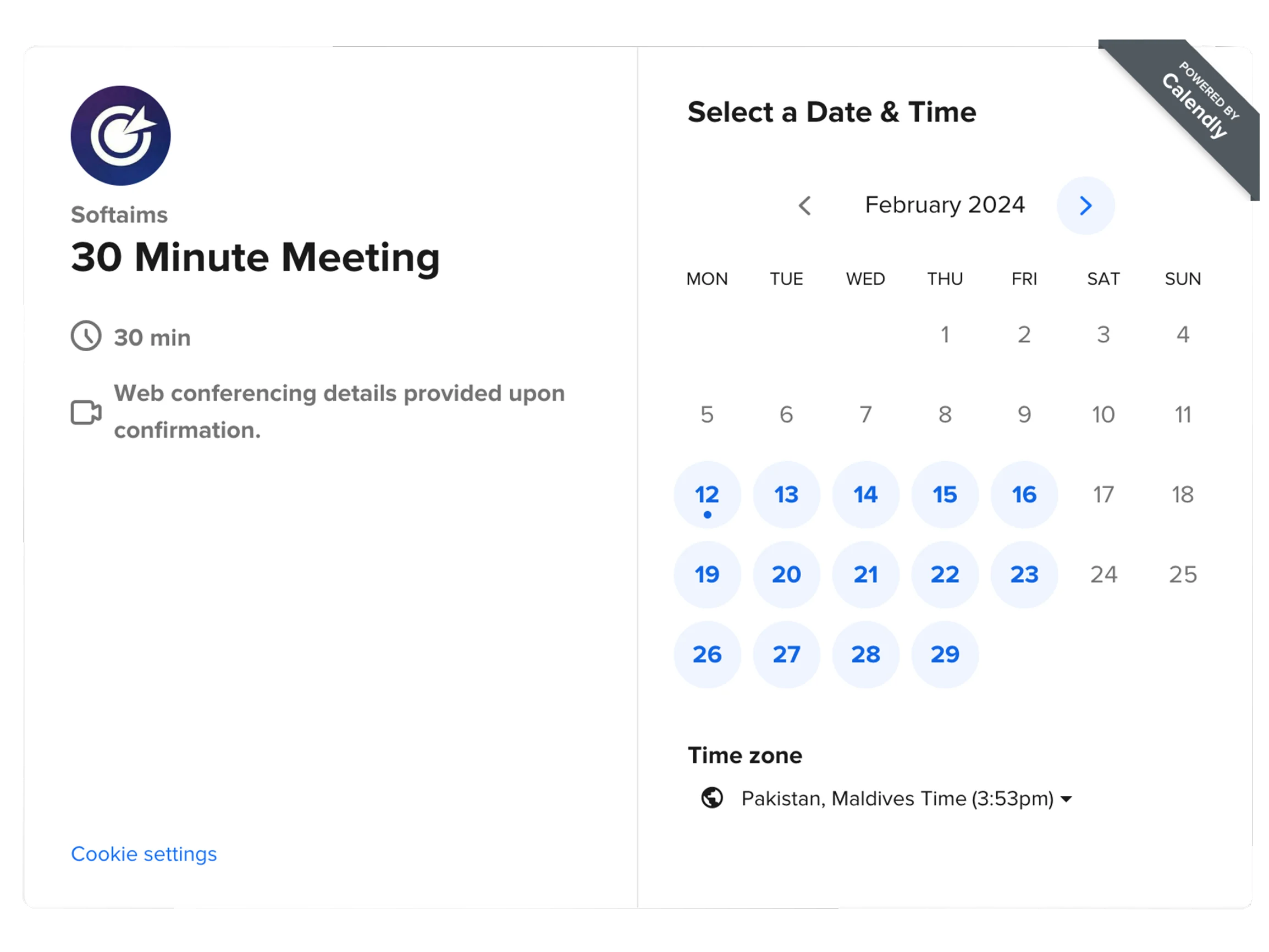The Architects of The Cloud AWS Engineers
An AWS (Amazon Web Services) Engineer is an IT professional who designs, builds, and manages an organization's cloud infrastructure on the AWS platform. They are the architects and system administrators of the cloud, responsible for creating environments that are scalable, reliable, secure, and cost-effective.

Hiring a skilled AWS engineer is crucial for any company looking to leverage the power of the cloud. They ensure that development teams have a stable and efficient foundation to build upon, allowing the business to innovate faster while maintaining operational excellence and controlling costs.
Core Compute Services
A proficient AWS engineer must have a deep understanding of the core compute services that form the foundation of most architectures. This includes a mastery of Amazon EC2 (Elastic Compute Cloud) for scalable virtual servers and AWS Lambda for serverless computing. They need to know when to use each service based on the specific workload.
Their expertise should cover instance types, auto-scaling groups to handle fluctuating traffic, and load balancing with ELB to distribute requests. For serverless, they should be able to write and configure Lambda functions, understanding the event-driven model that makes it so powerful for specific tasks.
Storage Solutions
Data is a critical asset, and an AWS engineer must be an expert in the platform's diverse storage solutions. The most fundamental of these is Amazon S3 (Simple Storage Service) for highly durable and scalable object storage. They should be skilled at configuring S3 buckets, managing lifecycle policies, and securing data.
Beyond S3, they need proficiency with block storage (EBS volumes for EC2 instances) and an understanding of when to use other services like EFS for file storage or Glacier for long-term archival. The ability to choose the right storage solution is key to both performance and cost optimization.
Networking and Content Delivery
Building a secure and isolated network in the cloud is a critical skill. An AWS engineer must be an expert at creating and managing a Virtual Private Cloud (VPC), including configuring subnets, route tables, and network ACLs to control traffic flow. This ensures a secure foundation for all other resources.
Furthermore, they should have experience with Amazon Route 53 for DNS management and Amazon CloudFront for content delivery (CDN). A well-architected network with a CDN can dramatically improve application performance and user experience by caching content closer to users.
Database Expertise
An AWS engineer must be knowledgeable about the platform's managed database services. This requires hands-on experience with Amazon RDS (Relational Database Service) for running databases like PostgreSQL or MySQL without the operational overhead of managing the underlying servers. They should be able to handle provisioning, backups, and failover.
In addition to relational databases, a well-rounded engineer should have experience with NoSQL databases, particularly Amazon DynamoDB. Understanding its key-value model and when to use it for high-traffic applications is a crucial skill for building modern, scalable systems.
Infrastructure as Code
Modern cloud management relies on treating infrastructure as code (IaC) to ensure consistency, repeatability, and automation. A top-tier candidate must be proficient in defining and managing their AWS infrastructure using code. The native AWS tool for this is CloudFormation.
However, expertise in the industry-standard, multi-cloud tool Terraform is even more valuable. The ability to write a Terraform plan, such as resource "aws_instance" "web" { ... }, and use it to provision an entire environment from a version-controlled file is a fundamental skill for any professional DevOps or Cloud Engineer.
Security and Identity Management
Security is "job zero" in AWS, and an engineer must have a security-first mindset. This begins with a deep understanding of AWS IAM (Identity and Access Management) for managing users, groups, and roles. They must be experts at applying the principle of least privilege to ensure entities only have the permissions they absolutely need.
They should also be familiar with the AWS Shared Responsibility Model and other security services like AWS Shield for DDoS protection and AWS WAF for filtering malicious web traffic. A strong understanding of these tools is critical for protecting an organization's assets in the cloud.
Containerization and Orchestration
Containers have become the standard for deploying modern applications. An AWS engineer must have deep expertise in Docker and container orchestration. AWS provides two main services for this: Amazon ECS (Elastic Container Service) and Amazon EKS (Elastic Kubernetes Service).
While ECS is a simpler, AWS-native solution, expertise in Kubernetes (EKS) is a highly sought-after skill. The ability to deploy, manage, and scale containerized applications on a Kubernetes cluster in AWS is a hallmark of a modern and highly skilled cloud professional.
Monitoring and Observability
You cannot manage what you cannot measure. A proficient AWS engineer must be skilled at setting up robust monitoring and observability for their cloud infrastructure. The primary tool for this within AWS is Amazon CloudWatch, which is used for collecting logs, metrics, and setting up alarms.
Beyond CloudWatch, they should have experience with other observability tools, such as AWS X-Ray for distributed tracing to identify performance bottlenecks in microservices architectures. A proactive approach to monitoring is essential for maintaining a healthy and reliable production environment.
Cost Management and Optimization
The flexibility of the cloud can be a double-edged sword if costs are not managed properly. A key responsibility for an AWS engineer is cost optimization. They must be skilled at using tools like AWS Cost Explorer to analyze spending and identify areas for savings.
This includes implementing strategies like right-sizing EC2 instances, using reserved instances or savings plans for predictable workloads, and automating the shutdown of non-production environments during off-hours. An engineer who can build a powerful infrastructure while also controlling costs is an invaluable asset.
How Much Does It Cost to Hire an AWS Engineer
The cost to hire a certified and experienced AWS engineer is significant, as their skills are in extremely high demand across all industries moving to the cloud. Salaries are heavily influenced by geographic location, years of experience, and the depth of their specialization in areas like security, serverless, or Kubernetes.
Tech hubs in North America and Western Europe typically lead the world in salary expectations. The following table gives an estimated average annual salary for a mid-level AWS engineer to give a sense of the global market.
| Country |
Average Annual Salary (USD) |
| United States |
$135,000 |
| Switzerland |
$125,000 |
| United Kingdom |
$90,000 |
| Germany |
$88,000 |
| Canada |
$105,000 |
| Poland |
$68,000 |
| Ukraine |
$62,000 |
| India |
$48,000 |
| Brazil |
$58,000 |
| Australia |
$110,000 |
When to Hire Dedicated AWS Engineers Versus Freelance AWS Engineers
Hiring a dedicated, full-time AWS engineer is essential for managing the core infrastructure of your business. If you are building a product that runs on AWS, you need a dedicated professional who can take long-term ownership of the environment's architecture, security, and cost-effectiveness. This is a strategic role responsible for the foundation of your entire technology stack.
Hiring a freelance AWS engineer is a more tactical decision, perfect for specific, well-defined projects. This is an excellent option for a one-time migration of an on-premise application to the cloud, a security audit of your existing infrastructure, or setting up a new CI/CD pipeline. Freelancers can provide specialized expertise to accomplish a specific goal without the long-term commitment of a full-time employee.
Why Do Companies Hire AWS Engineers
Companies hire AWS engineers to leverage the power and agility of the world's leading cloud platform. AWS provides a vast array of services that can dramatically accelerate innovation, but it requires specialized expertise to use them effectively and securely. An AWS engineer is hired to be the in-house expert who can design and build a scalable and reliable infrastructure.
Ultimately, companies hire AWS engineers to achieve a competitive advantage. By building a robust cloud foundation, they enable their development teams to ship products faster, scale their applications on demand to meet user traffic, and operate with greater reliability than they could with a traditional data center. This allows the business to focus on its customers and products, not on managing servers.
In conclusion, hiring a top-tier AWS engineer requires looking for a professional who is an expert at building and managing modern cloud infrastructure. The ideal candidate will combine a deep and practical knowledge of core AWS services with a strong command of modern practices like Infrastructure as Code, containerization, and robust security. By prioritizing engineers who have a mindset of automation and a focus on cost-optimization, organizations can build the powerful, scalable, and resilient cloud foundation needed to succeed in today's digital world.



































